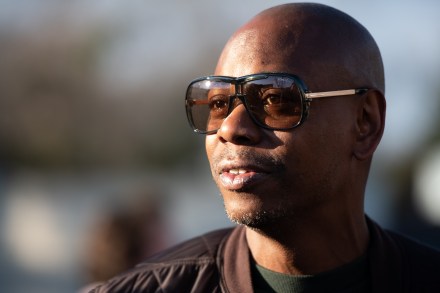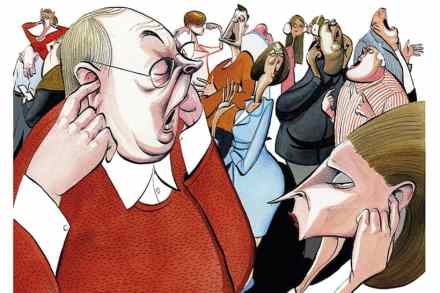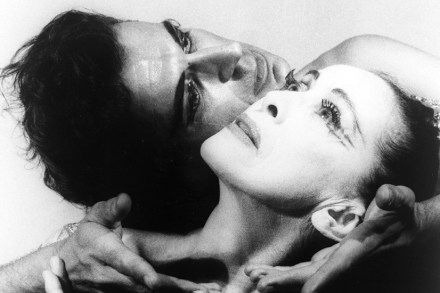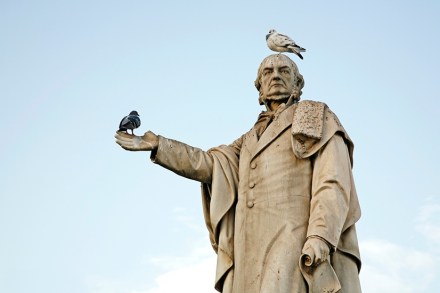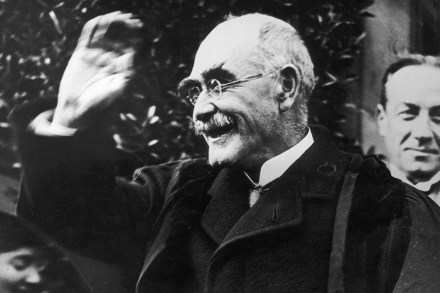I’ve been back one week and the good old US of A has never seemed more depressing
New York Don’t let anyone tell you the Bagel is worse off than Kabul, where three people were recently shot dead by Islamist gunmen for playing music at a wedding. No siree, people over here are shot every day and night but not for playing music at a wedding. Give New York credit where it’s due. The city is a bloody horror if you’re living way uptown, way downtown, or in the Bronx, with the rest of Gotham experiencing a level of street crime not seen in a decade. Robberies and felonious assaults are up 15 per cent in a year and gun arrests by a whopping 20 per cent.



